The story of the US Federal Reserve (FED) cutting interest rates is likened to a macro storm, bringing both opportunities for the Vietnamese economy but also challenges.

Last week, the Fed announced a rate cut interest rate 50 basis points. When the USD depreciates, the devaluation pressure on the VND will decrease. Recently, the State Bank has also gradually reduced the injection of money through the OMO channel of open market operations, which shows that liquidity is becoming more abundant than before, thereby quickly affecting interbank interest rates, causing interest rates of all terms to decrease rapidly compared to before.
Compared to the time when the overnight interbank interest rate increased sharply, almost reaching the 5% threshold on September 5, by September 19, the overnight interbank interest rate was only 3.28%/year; 1-week term was 3.47%/year; 2-week term was 3.58%/year; and terms from 1-9 months, fluctuated from 3.72 - 4.5%/year.
In the context of the sharp decline in the USD exchange rate in many markets after the FED meeting, the State Treasury is actively buying foreign currencies from commercial banks. This will help balance the amount of USD sold by the SBV, while also supporting more liquidity for the system.
According to the latest assessment report from VinaCapital, the FED’s interest rate cut this time is a double-edged sword for the Vietnamese economy. Although the Vietnamese Dong may be less pressured, when the US economy slows down, it will affect Vietnam’s GDP growth.
According to the analysis team, Vietnam's exports in general and exports to the US in particular (up nearly 30% in the first 8 months of 2024) are the most important factor driving Vietnam's GDP growth this year. Therefore, a slowing US economy is likely to reduce US consumer demand for "Made in Vietnam" products such as laptops, mobile phones and other goods.
Mr. Tran Ngoc Bau - Founder of Wigroup assessed that exchange rate pressure will no longer be an obstacle, but Vietnam's economic growth still depends heavily on external factors such as exports and FDI investment, while internal factors such as business health and consumer demand are still weak.
Therefore, experts say that in the context of a slowing economy, we need to quickly promote internal factors to help GDP grow well this year and especially in 2025.
VinaCapital believes that fortunately, the Government currently has many support tools that can be used to boost the economy, such as increasing spending on infrastructure and promoting the recovery of the real estate sector.
According to VinaCapital, it is likely that real estate transaction volume in Vietnam will increase by up to 35% year-on-year in the first 9 months of 2024. Focusing on these two sectors will directly boost the economy, and a more vibrant real estate market will certainly improve consumer sentiment and spending, which was somewhat sluggish in 2024.
Source



![[Photo] Unique folk games at Chuong Village Festival](https://vstatic.vietnam.vn/vietnam/resource/IMAGE/2025/4/10/cff805a06fdd443b9474c017f98075a4)

![[Photo] Prime Minister Pham Minh Chinh chairs meeting to discuss tax solutions for Vietnam's import and export goods](https://vstatic.vietnam.vn/vietnam/resource/IMAGE/2025/4/10/19b9ed81ca2940b79fb8a0b9ccef539a)
![[Photo] Phuc Tho mulberry season – Sweet fruit from green agriculture](https://vstatic.vietnam.vn/vietnam/resource/IMAGE/2025/4/10/1710a51d63c84a5a92de1b9b4caaf3e5)

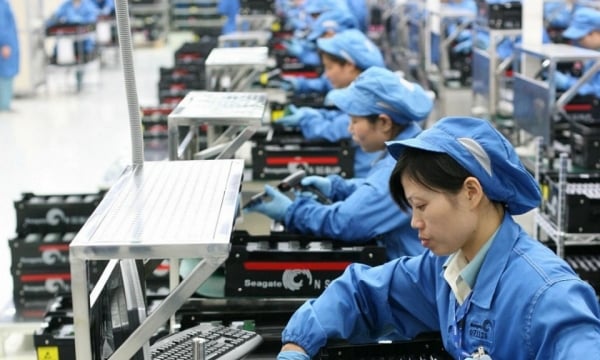



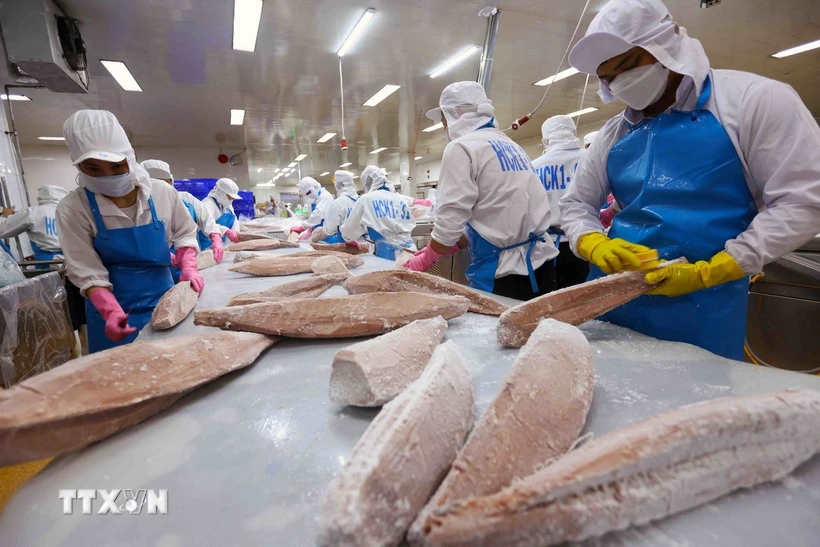




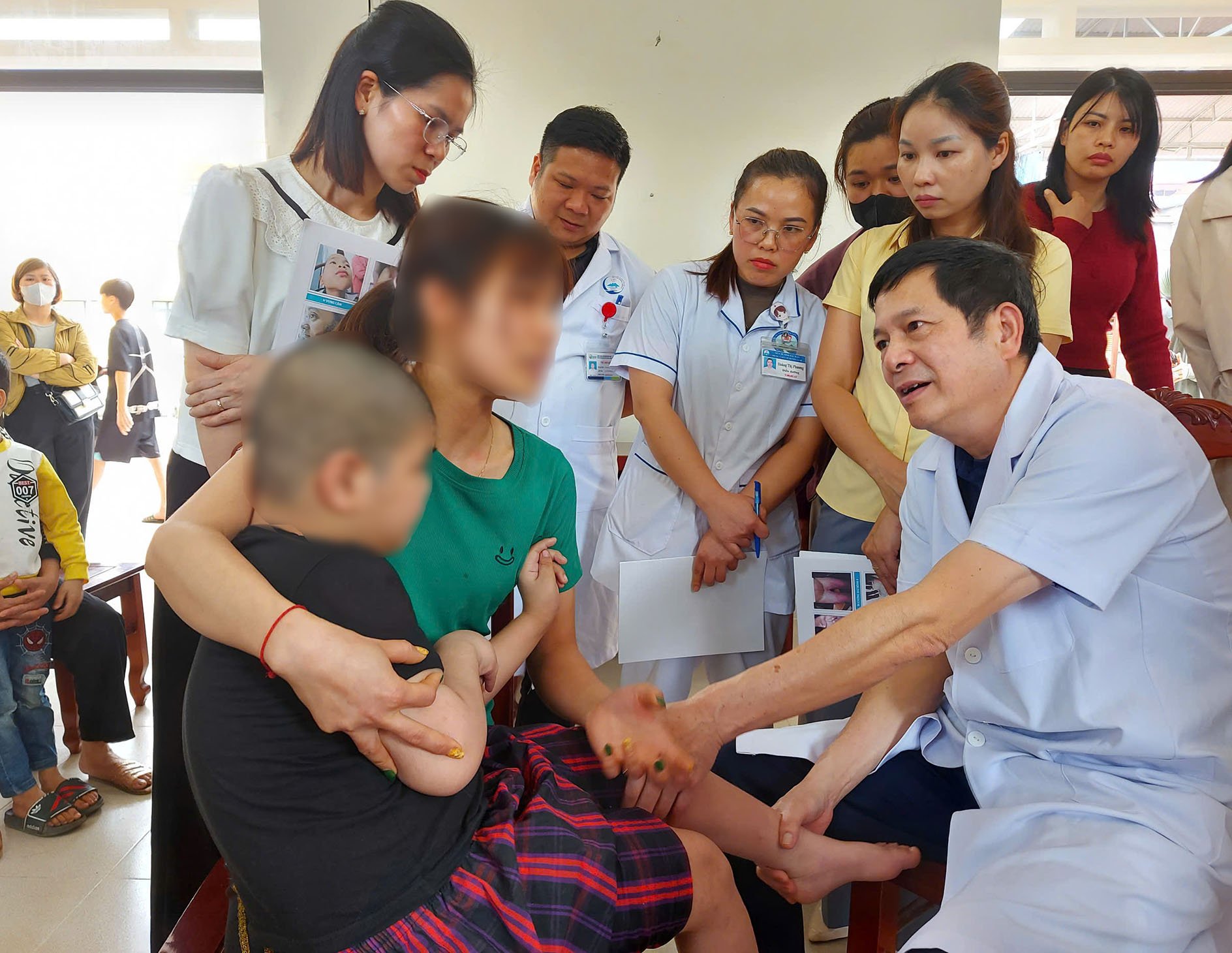




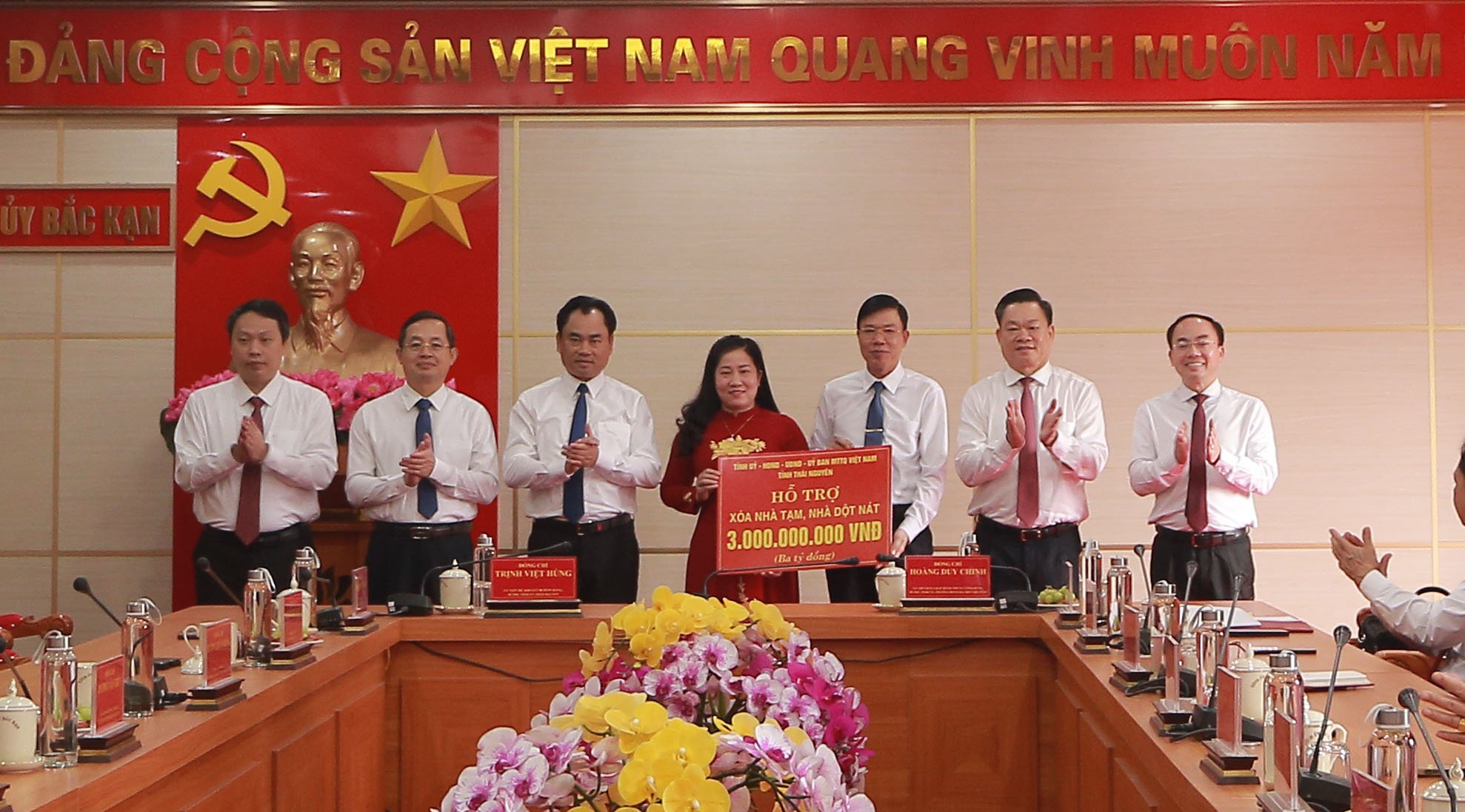






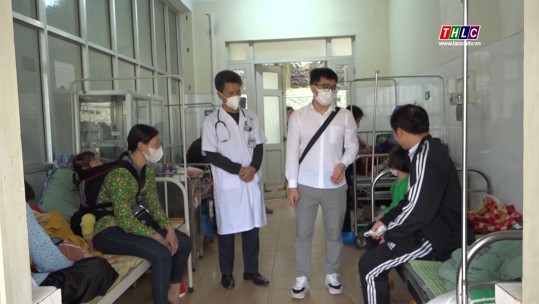

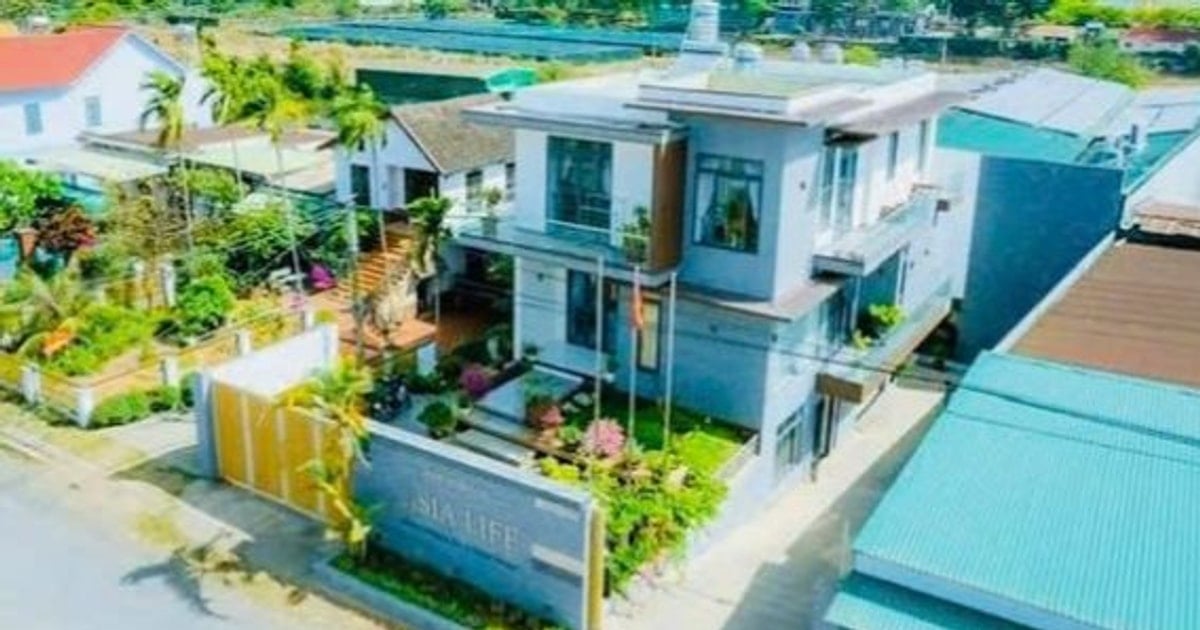

























































Comment (0)